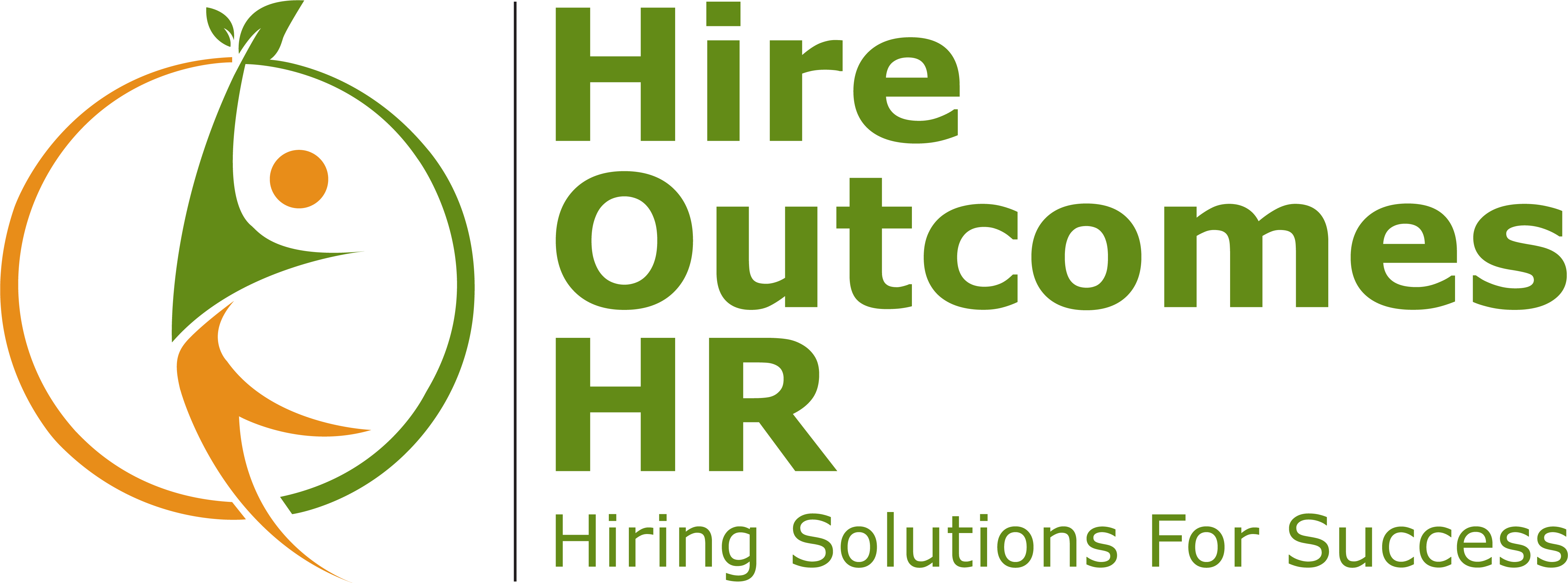Risk Management in Healthcare
Risk management in healthcare is a concern that is shared throughout healthcare sectors. The U.S. Government defines risk management in healthcare as, “Risk management in healthcare is a complex set of clinical and administrative systems, processes, procedures, and reporting structures designed to detect, monitor, assess, mitigate, and prevent risks to patients.” Health care managers work to reduce risks to all stakeholders in health care.
One risk that healthcare and public leaders in healthcare policy are evaluating is the risk of how to balance costs and staffing issues during the nursing shortage. In Minnesota, there are staffing reforms that are advancing through the state House and Senate. On the one side, there have been concerns raised about longer wait times in the ER, and less effective patient care as wells as staff burnout leading to emotional stress and increased nurse turnover. One the other side Hospitals talk about having to close entire floors and deny patients care.
One proposal is to give overworked nurses a voice in staffing decisions by including nurses in staffing committees along with management. In New York the hospital chief executives have final say over nurse staffing, if these types of committees reach an impasse. A new solution is needed and that there will be ongoing discussion about whether staffing ratios or staffing committees are the right solution for Minnesota.
Hire Outcomes HR understands the challenges faced by health services organizations. We can help you by working together to source and recruit the right professionals to improve satisfaction for your patients and your employee team. To learn more, go to Hire Outcomes HR – Hiring Solutions for Success
Source: Risk Management Event Evaluation and Responsibilities – StatPearls – NCBI Bookshelf (nih.gov) ps://elearning.scranton.edu/resources/article/purpose-of-risk-management-in-healthcare/Star Tribune, April 9, 2023, front page.



No responses yet